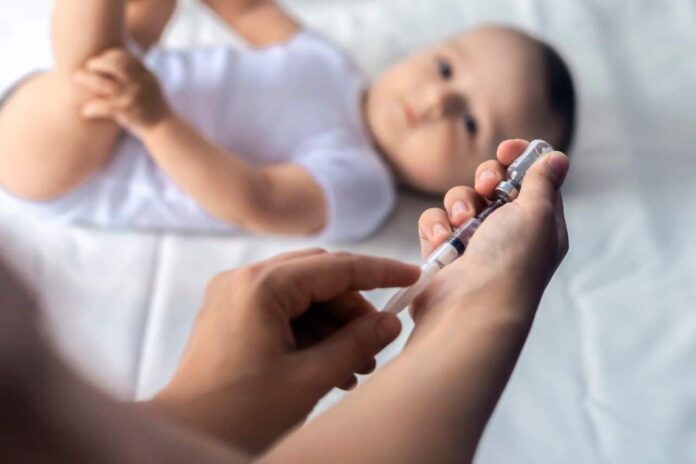Respiratory syncytial virus (RSV) has established itself as one of the major threats to children's health, being the most common cause of acute respiratory infections in the youngest children. Statistics reveal that up to 90% of children will contract the virus in their first two years of life, and although most cases are mild, RSV can become dangerous in infants, requiring even intensive care.
In the Basque Country, infections spike especially at the end of autumn and during winter, a pattern that repeats throughout Spain. Each year, between 7,000 and 14,000 hospitalizations in children under two years of age are attributed to this virus, making it the main reason for admission in this age group.
Santiago Novoa, gynecologist at Gipuzkoa Polyclinic, emphasizes the importance of preventive measures to protect newborns. There is a specific vaccine that is administered to pregnant women between 24 and 36 weeks of gestation, in order to transfer antibodies to the baby. Additionally, there is a direct immunization option for newborns through a monoclonal antibody specific against RSV.
With the arrival of September, the recommended period for vaccinating pregnant women begins, a period that will extend until January, a time when the virus is most active. Novoa highlights that even though many women were already exposed to RSV in their childhood, that is not enough to protect their children. Vaccinating during pregnancy strengthens maternal antibodies and provides protection to the newborn, reducing the risk of severe bronchiolitis by 70% in the first six months of life.
However, in cases of premature births, if the baby is born within 14 days of maternal vaccination, the protection may be compromised. Direct vaccination of high-risk infants is being considered, such as very preterm infants or those with severe heart conditions.
Although vaccination against RSV is formally approved in Spain, it is not yet included in the official vaccination calendar for pregnant women. Expectant mothers seeking information about the best protection strategies can go to Policlínica Gipuzkoa. Novoa concludes emphatically: "Getting vaccinated is preventing, and prevention is always the best decision when we talk about the health of a newborn."



